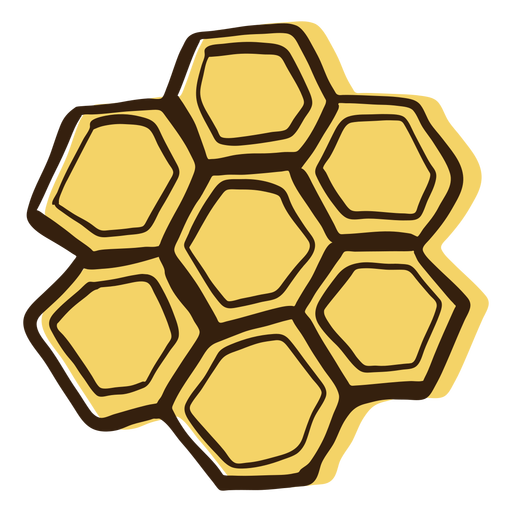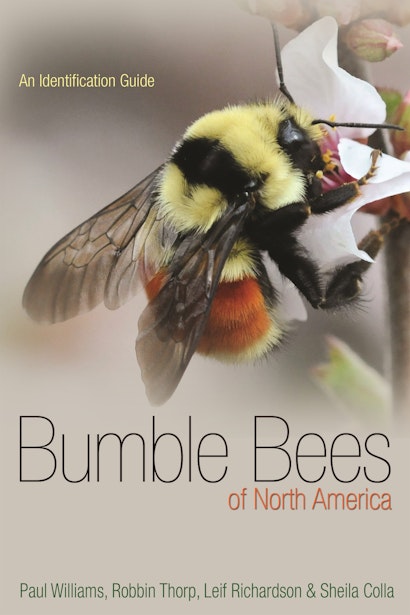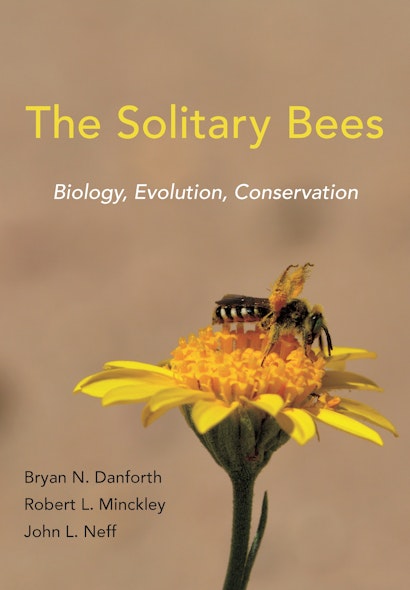THE ELEPHANT IN THE LIBRARY
ONE
HONEY BEES
This post series is going to be based on topic opinions that would get me dragged and dog-piled by uninformed virtue-signaling Social Justice Warriors, typing away in their suburban Pottery Barn she-caves and teenage pink unicorn bedrooms, on X-Twitter. As I always tell my Facebook friends who have never been active on Twitter... be an activist not a SJW. Social Justice Warriors have become a meme unto themselves.
HONEY BEES
I am writing this during National Pollinator Week, but my desire to educate the public about honey bees was fired-up a month ago on World Bee Day. The misinformation about honey bees and their so-called "importance" as pollinators was rampant.
⚫
HONEY BEES POLLINATE 80% OF THE WORLD'S CROPS
FALSE
THE TRUTH: Bees as a whole pollinate around 75% of the world's food crops, not just honey bees. There are over 20,700 species of bee worldwide; only 5% of those bees are honey bees. I was shocked to see that Greenpeace is spreading this honey bee falsehood; although I think, from the way their claim is worded, it's because they are ignorant to the fact that not all bees are honey bees. This was another false assumption which seemed to be a common thought on World Bee Day.
BUZZ BUZZ
Let's look at "Save the Honey Bee" brainwashing in North America. If you had asked me ten or more years ago about bees... I probably would have also parroted Save the Honey Bees, but after my son switched his college major to Environmental Biology, I began seeing them in a different light. Honey bees are not endangered. In fact, there are more honey bees in the world today than there have ever been... and that's not a good thing for the environment.
⚫
Honey bees are not native to North America. They were brought here by European colonists in the 1600s for wax and honey production. They are domesticated livestock, comparable to dairy cows and chickens, and when they escape and form wild colonies they are considered ecologically invasive. Honey bees, both kept and feral, compete with native bees for resources. Some of these native species are endangered, especially our beloved bumble bees, and most other native species are declining. These are the bees that need to be saved!
Did you know there are food crops that honey bees are incapable of pollinating like: tomatoes and eggplant? They are also insufficient in pollinating peppers, melons (including watermelon), squash (including pumpkins), cherries, blueberries, and cranberries. Native bees are also more efficient at pollinating fruit tree orchards and berry farms than honey bees in general. If you think fruits and vegetables are expensive now imagine how scarce they would be without our native bees.
•
Also, because native bees are pretty specific to native plants as pollinators, honey bees are responsible for the pollination of many invasive plants, and are therefore at least partially responsible for their proliferation.
⚫
WITHOUT HONEY BEES WE WOULD ALL DIE OF STARVATION
FALSE
The only things honey bees are necessary for are making honey for human consumption, and pollinating those huge factory farms; you know, the ones that use large amounts of pesticides and herbicides.
•
The only reason our native bees and other non-bee pollinators can't sufficiently pollinate crops on these corporate industrial sized farms is there is not enough natural habitat, in and around their crops, to support native pollinators. These farms hire rent-a-hive businesses to pollinate their fields and orchards; which leads me to the misrepresented "our honey bees are dying in mass numbers" scare a few years ago.
The reports of some livestock honey bee colonies collapsing scared a lot of people and chants of "what's killing the (honey) bees" rang out across the US and Canada. Well, it was discovered that mites were killing the honey bees; mites spread by these rent-a-hive companies that drive all over the country with their bee hives. Many corporate almond tree growers had to hire several businesses for each orchard. It was pinpointed this was the origin of the mass infestation. What is devastating is the honey bees ended up spreading mites to already struggling populations of native bees. The number of demised honey bees were a drop in the bucket compared to their overall numbers.
⚫
HONEY BEES DO NOT NEED SAVING
TRUE
Let your new chant be SAVE THE BUMBLE BEES.
And I know... I can hear many of you silently screaming, "But what about honey?" I have weaned myself off honey, except for making a specific holiday cake once a year. My son uses tiny amounts in tea and sometimes coffee. I used to make sure to buy our honey from small local beekeeping businesses at farmers market and gift shops.
•
The biggest impact you can make, besides cutting back on your consumption, is not to buy brand name, store brand, or generic honeys that come from a blend of large commercial operations. Even if the label says "clover honey" or 'wildflower honey" if it's a name brand or generic type store brand it's most likely a mix from several places. If you can't buy directly from a local beekeeper or from a nearby farmers market, most grocery stores carry regional and state collected honey. Read the labels of the independent brands and choose a supplier that is closest to where you live. As with all eco-conscience food buying the goal is to make huge corporate agriculture practices obsolete, and move food production back to sustainably sized farms.
•
I recently learned that there is no such thing as organic honey from US sources because honey bees forage for nectar over a mile radius from their hives, and are likely to be taking nectar from plants that have been sprayed with pesticides. Because there is no guarantee the honey bees have been nectoring from pesticide-free plants only, there can be no organic certification given.
Honey bees make honey to feed their young and survive the winter when there are no flowers blooming, not for human consumption. When beekeepers take honey from the hives to sell, the bees work overtime trying to replace it over and over again. The honey bees live their lives stressed and sometimes die from exhaustion. Honey bees must collect nectar from about two million flowers to make one pound of honey. It requires 556 worker bees to gather a pound of honey. Bees fly more than once around the world to gather a pound of honey. The average worker bee makes about 1/12th of a teaspoon of honey in her lifetime. Keep in mind all of the extra nectar collected by the honey bees could have gone to nourish and support the native bees.
⚫
The social media powers that be have been trying to make it trendy to have backyard honey bee hives. The term "trendy" is always linked to business profits. It doesn't have anything to do with "save the bees" or giving you "healthier honey" (whatever that is), or pollinating your garden. The beekeeping industry is banking on people buying a lot of expensive equipment, bee livestock, and clothing for their new hobby; which will most likely be abandoned once the novelty wears off, and the bees in turn will leave the unattended hives to form wild invasive colonies.
•
I was shocked when our local Sierra Club chapter had a guest speaker about putting in a backyard hive to pollinate gardens with the side perk of fresh honey. The Sierra Club is supposed to be about preserving wild natural spaces and protecting endangered species. I commented on their Facebook event post that honey bees are domesticated livestock, and I found it odd that they were promoting bees that complete with wild bees for resources as our wild native bees are declining, and some are endangered. They deleted my comment. Two days later our organic urban community garden said they were going to be getting some honey bee hives to "help with pollination". I was upset because I thought they would be more knowledgeable about native bees than that. I guess I shouldn't have been surprised because a couple of years ago a Sustainable Communities Master's program student planted a large native plants pollinator garden in one of our public parks, as her capstone project, and then put two honey bee hives in it. Good grief! The Environmental Studies curriculum at our local state university also has beekeeping classes. That level of ignorance is just crazy to me.
If you want real bee facts find a native bees Facebook group, or follow The Xerces Society Facebook page.
•
The new AI generated answers at the top of Google searches are grossly inaccurate because they can't tell the difference between fact and fiction.
OTHER REFERENCES
•
•
•
•
•
•
•
•
•
Available for purchase at PRINCETON PRESS.








No comments:
Post a Comment
Thank-you for dropping by! I love to chat, so comments get a lot of love.